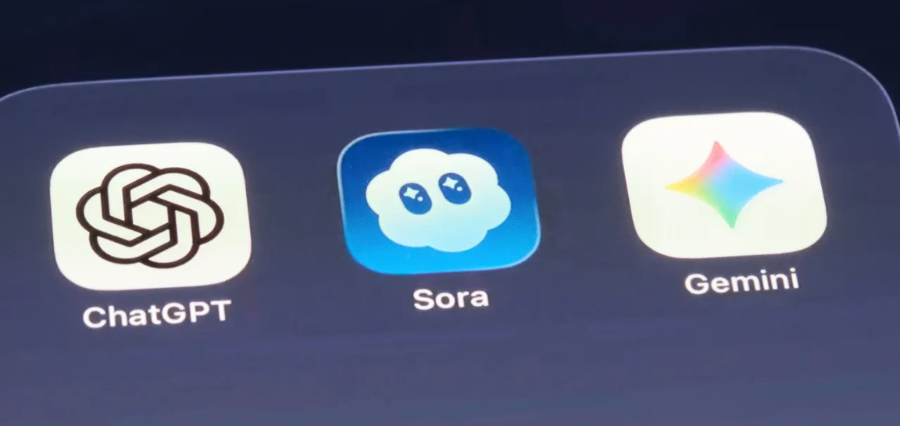
Prime Highlights:
Key Facts:
Key Background
OpenAI’s video-generation app, Sora, is now available for Android users across several major markets — the U.S., Canada, Japan, Korea, Taiwan, Thailand, and Vietnam. This marks a significant expansion beyond its initial iOS launch in September, where the app gained massive traction, crossing one million downloads in just one week.
The app allows users to create short, AI-generated videos starring themselves-a feature known as “Cameos.” With a selfie that a user uploads, Sora’s AI reproduces real or stylized videos featuring their likeness in everything from cinematic scenes to imaginative virtual settings. Sora is designed similarly to popular short-video platforms like TikTok, where users can share their creations on a social feed and browse trending clips made by others.
With Sora, OpenAI seeks to make AI-powered creativity mainstream, and thus positions the app as an amalgamation of entertainment and creative expression. It is part of a broader trend that has seen other companies, like Meta and Google, also integrate AI tools into their respective short-form video platforms. But this rapid success has also presented challenges. Shortly after its launch, misuse began to raise concerns. Among the deepfake-style videos that users made of public figures were those of historical personalities such as Martin Luther King Jr. OpenAI clamped down on content rules and briefly disabled the ability to create some likenesses. The company updated its intellectual property policy—going from “opt-out” to “opt-in”—to make sure copyrighted characters and celebrity likenesses aren’t used without permission. Sora has also been embroiled in a lawsuit with Cameo, the celebrity shoutout service, over naming its feature “Cameos.” Undeterred, OpenAI plans even more enhancements to the app. Future features will include the ability to create videos featuring pets and objects – as well as multiple characters – and video editing capabilities inside the app, plus personalized social feeds. With Sora’s entry into the Android markets, it stands at an interesting juncture between innovation and responsibility: balancing the creative power of generative AI with the ethical challenges that accompany its adoption on a global scale.
Welcome to the future of digital storytelling, where creativity meets innovation. We’re not just a magazine platform; we’re a team of passionate visionaries committed to transforming how stories are shared, celebrated, and experienced in the digital age. Join us as we inspire, inform, and redefine the world of digital magazines.
© Copyright 2025 | educationeureka | All Rights Reserved.